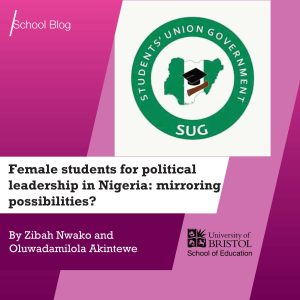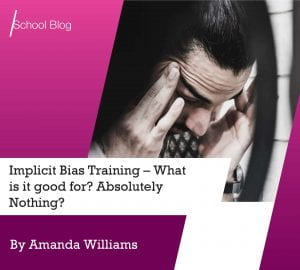 By Zibah Nwako and Oluwadamilola Akintewe
By Zibah Nwako and Oluwadamilola Akintewe
Our society exists in such a way that a small unit can be a mirror to the whole. For instance, the family is one of the smallest units of society and the composition of what makes a family is the representation of, to a certain extent, the larger society. In the same vein, we can deduce that leadership and governance across student unions in Nigerian universities, replicate governance at State and Federal levels.
A student union is the apex body of students in a higher institution of learning, created for the purpose of promoting and guarding the interest of its members[1]. The Student Union Government (popularly termed SUG) is the middle body between the university administration and the whole student population. It is also the first point of contact for vital information disseminated from the top administrative hierarchies to the students. (more…)

 By Zibah Nwako and Oluwadamilola Akintewe
By Zibah Nwako and Oluwadamilola Akintewe